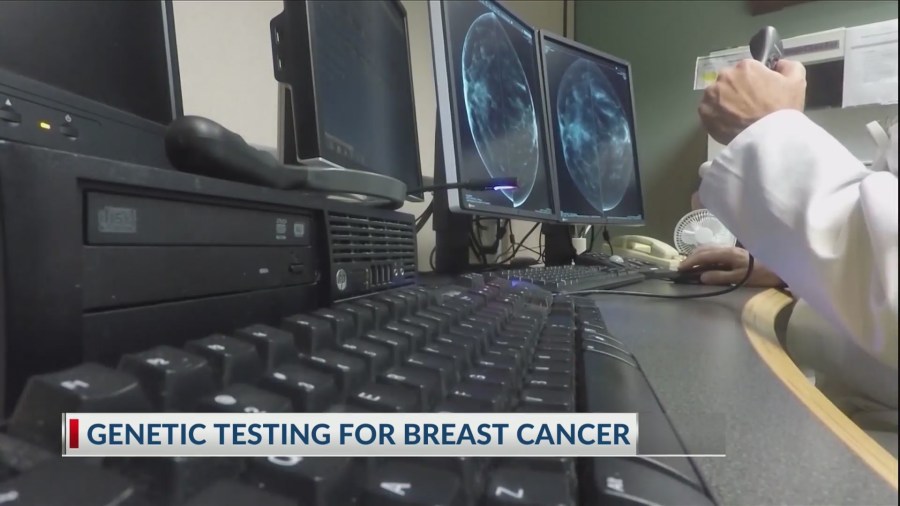When faced with a diagnosis of breast cancer, the emotional toll can be overwhelming. Genetic testing offers a proactive approach, enabling individuals to take charge of their health. According to Dr. Leonard Henry, medical director of the Lewis Cancer Research Pavilion in Savannah, Georgia, there are 13 gene mutations associated with breast cancer. Understanding one’s genetic makeup can provide critical insights for prevention and treatment.
Individuals with a family history of cancer often seek genetic counseling. Dr. Henry notes that “most people come to us who have cancer or have a family history of cancer.” There are established criteria for determining eligibility for genetic testing, which can reveal whether individuals carry mutations that may predispose them to various cancers. Approximately 12-15% of patients diagnosed with cancer have underlying gene mutations.
Genetic mutations do not solely predispose individuals to breast cancer; they may also increase the risk of other cancers. Dr. Henry emphasizes the importance of comprehensive screening for those diagnosed with mutations. Most individuals who test positive for these mutations opt for prophylactic surgery, which has been shown to be 90-95% effective in reducing cancer risk. Alternatives like enhanced screening, medication, and lifestyle adjustments are also available.
For Elyse Molstad, genetic testing was a pivotal decision. After losing her grandmother and mother to breast cancer, she pursued testing to better understand her own risk. Although her sister tested negative, Elyse discovered she carried the BRCA1 mutation, correlating with an elevated risk for breast and ovarian cancers. Reflecting on her experience, she stated, “I say that I flunked a mammogram, and it was so scary. I had to have a biopsy. My family was just taken back to that moment with my mom.”
Understanding the implications of the BRCA1 mutation is crucial. Dr. Henry explains that while breast cancer is a significant concern, ovarian cancer poses a challenge due to the difficulty of screening. Women with this mutation often choose to undergo oophorectomy, the surgical removal of ovaries, after completing childbearing.
Elyse’s decision to undergo prophylactic surgery stemmed from a desire to “stop the fear, be brave, and be a trailblazer for my sisters.” She has since become an advocate for breast cancer awareness, volunteering with organizations and performing stand-up comedy to raise funds for local research initiatives.
Dr. Henry encourages breast self-awareness among women, advising them to familiarize themselves with their breast shape and texture. This knowledge can help in identifying any changes that may indicate a health issue.
For those seeking further information, resources such as WSAV’s Buddy Check 3 Program provide valuable support and guidance. Genetic testing is not merely a tool for those diagnosed with cancer; it offers a pathway for many to take preventive action against a disease that affects countless lives.
